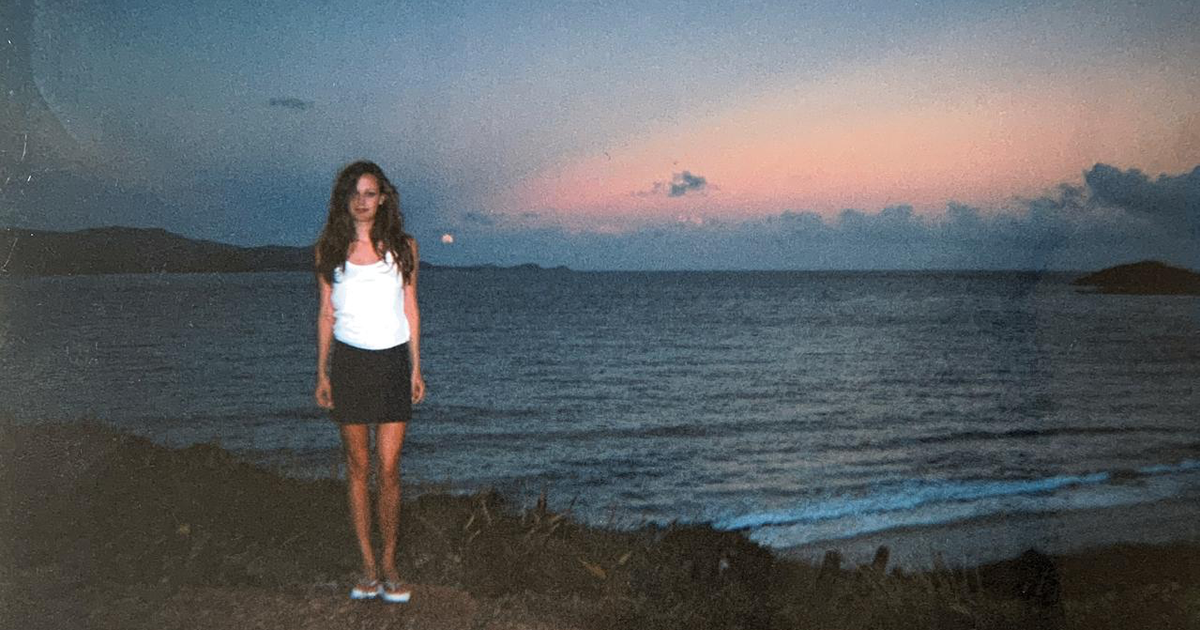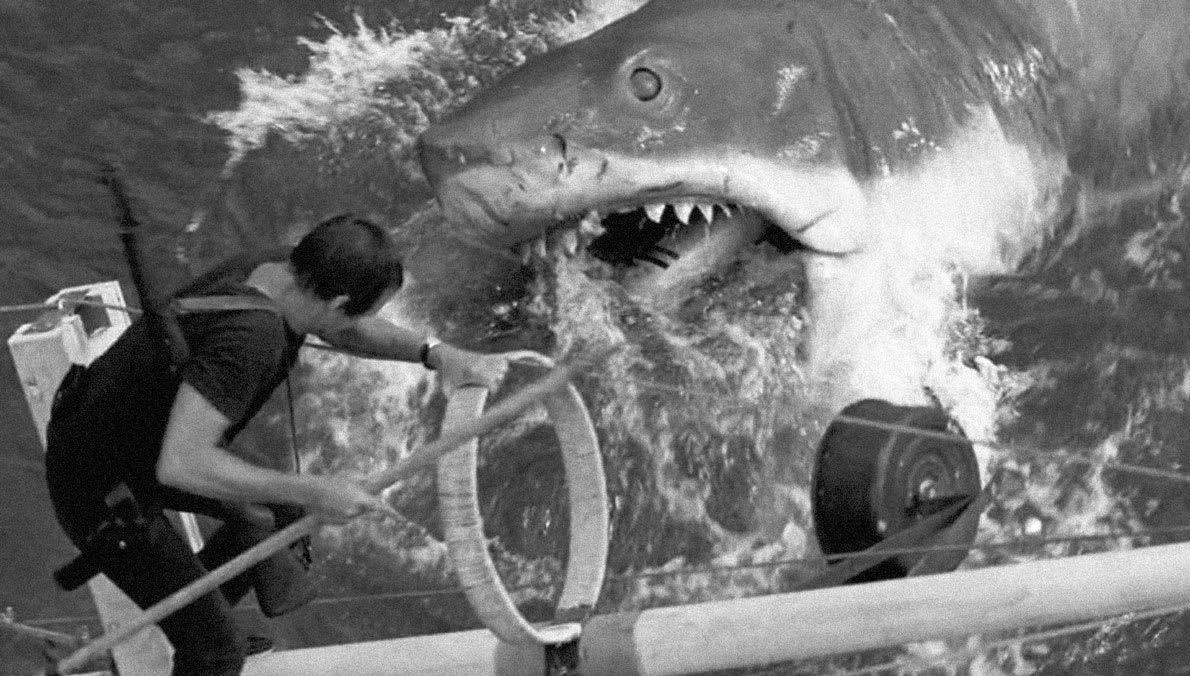Great white sharks are no longer a common sight in South Africa, leaving researchers puzzled
It's a bumpy ride across the cool waters of Gansbaai, South Africa, for renowned shark expert Sara Andreotti. The area was once the shark capital of the world, but now the apex predator, which has survived over 400 million years, is in deep trouble.
Four years ago, you would see five to 20 great white sharks a day during peak season. Now you'd be lucky to see that many in an entire year. Their numbers are in steep decline, and sightings of the deadly predator off the country's western cape have been dropping rapidly for the past five years.
There's silence and stillness in the oceans, and Andreotti said the lack of sharks is actually an alarm.
"It's sad also, the disappearance of such a large predator," Andreotti told CBS News' Debora Patta.
While out on the sea recently with a group of researchers who were urgently trying to figure out why the ocean is so quiet, Andreotti spotted a great white shark. It was the first one she had seen in two years. Andreotti and the researchers got a sample from the shark.
"The sample will give us an indication if there are new sharks coming into the bay or a new shark in the bay," she said.
So where have all the other sharks gone?
Scientists like Andreotti and her colleagues believe long-line fishing is one of the main culprits. It legally targets smaller shark species exported to Australia for fish and chips. The problem, explains marine biologist Mary Rowlinson, is this is also the shark's food.
"And so we are depleting their food resources. And if you deplete the food resources, it creates greater competition between individuals, which makes it more difficult for each individual white shark to survive," Rowlinson said.
Then there is the problem of fishermen inadvertently catching sharks.
"You put down a big net, and you're trying to catch hake, but instead, you catch the sharks and calamari and ray. So it's kind of collateral damage," Andreotti said.
Some researchers blame the disappearance of the great whites on another predator: killer orcas whales. They say they've chased the shark population away.
But Andreotti doesn't buy it. Orcas and great white sharks have lived within close proximity in the area before with no problems.
"My bigger fear is that while we are arguing whether they moved or whether they're being killed off, we lose the few that are still left," she said.
Over 100 miles away in False Bay, another hotspot, the shark population has also declined dramatically. Seferino Gelderbloem has been a shark spotter for twelve years. His job has been to keep watch for great whites, sounding a warning when they swim dangerously close to surfers. But that siren has been silent for a long time now.
"It does concern me because, I mean, they are on top of the food chain, so they keep the seals intact. So they feed on the sick and injured, so they just keep it balanced," Gelderbloem said.
Without the sharks circling the bay, there has been a proliferation of seals. More seals mean more fish are being eaten, affecting the delicate ecosystem of the ocean — an ocean we depend on for oxygen.
"If you don't have those top predators there, keeping everything in balance and in check, unfortunately, our oceans will eventually die. So protecting the oceans is protecting ourselves," Rowlinson said.
Great whites are often incorrectly portrayed as the blood-thirsty killers preying on humans. But it turns out humans may be their biggest threat.



